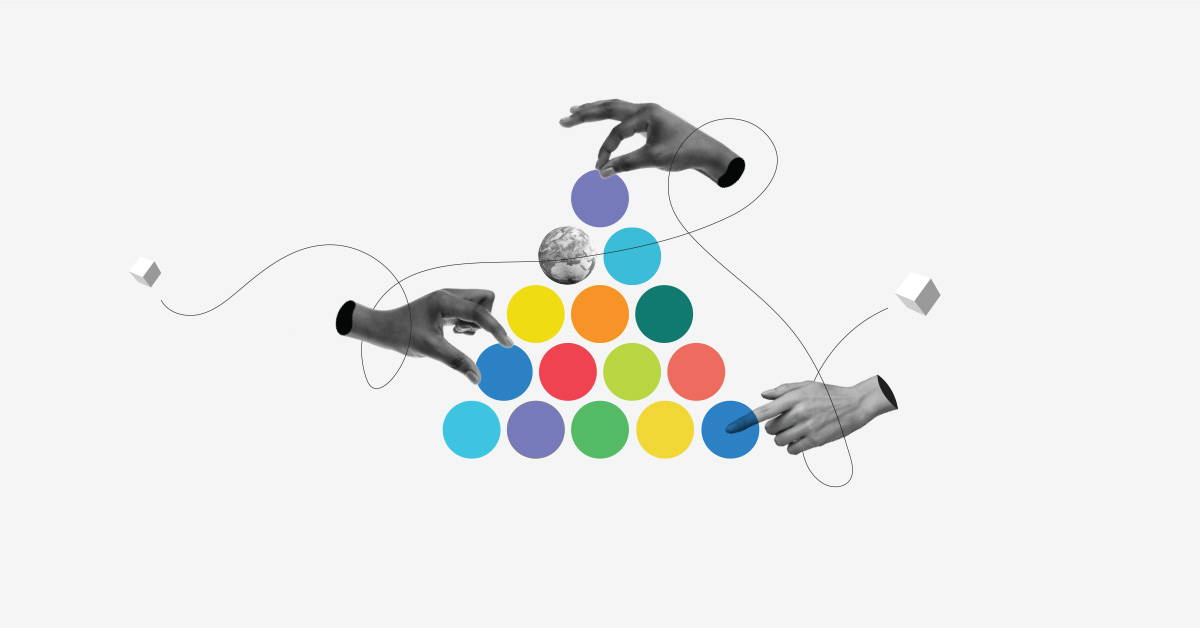This program began as a pilot in 2005 through a partnership between a Brazilian federal institute and Canadian colleges. In light of its success, CICan (then the Association of Community Colleges) used the same methodology to implement the program in the North and Northeast regions of Brazil. It was funded by the Canadian International Development Agency (CIDA), the Brazilian Professional and Technological Education Secretariat (SETEC/MEC)l, and the Brazilian Cooperation Agency (ABC/MRE).
Mulheres Mil (One Thousand Women) was a four-year program to promote the social and economic inclusion of vulnerable and unskilled women from the poorest regions of Brazil.
What We Did:
In partnership with SETEC-MEC, Brazil’s secretariat of professional and technological education under the Ministry of Education and the Brazilian Cooperation Agency (ABC/MRE), we connected Canadians colleges with 12 federal institutes in Brazil to improve the social and economic inclusion of vulnerable and unskilled women.
In 2011, the program was institutionalized at the national level by the Government of Brazil with the goal of changing the lives of over 100,000 women through education and integration in the labour market.
Canadian Expertise in PLAR
The program focused on Prior Learning Assessment and Recognition (PLAR) methodology methodology to recognize the life experiences and skills of disadvantaged women. PLAR – used by Canadian colleges for decades – is an approach that allows educational institutions to validate and certify the knowledge gathered throughout life.
Through the tailored courses, participants in the program learned skills aligned with their own talents and with vocations available in each region – such as tailoring, office management, food handling, housekeeping and handicrafts – to help them enter the labour market.
Our Impact through First-person Narratives
“Making Dreams Come True” tells the real stories of 27 women, students and former students whose lives were changed through the Mulheres Mil program. Through first-person narrative, the publication highlights how the program changed the women, in ways that are not as easy to measure, by helping them to rediscover their citizenship, restore their self-esteem, and improve family and community relations.
Key Partners:
- Canadian International Development Agency (CIDA) currently Global Affairs Canada (GAC)
- Brazilian Professional and Technological Education Secretariat (SETEC/MEC)
- Brazilian Cooperation Agency (ABC/MRE)
- National Council for the Federal Network of Vocational, Scientific and Technological Education Institutions (CONIF)
- Brazilian Federal Institutes

